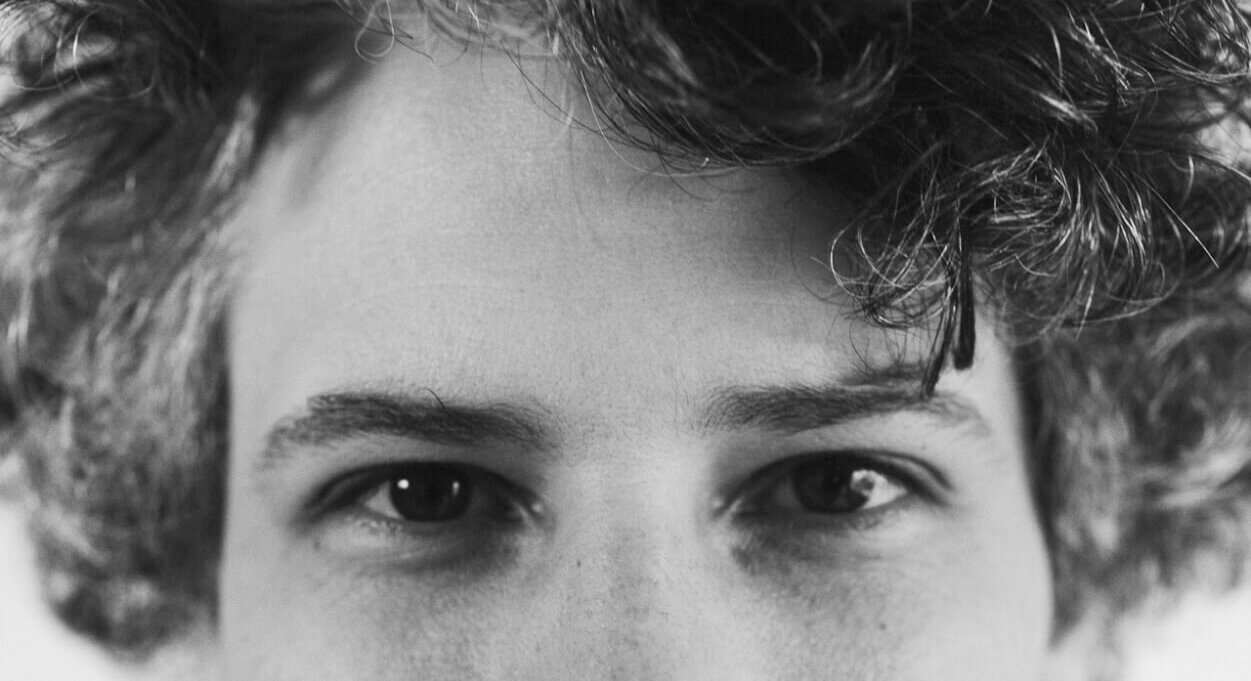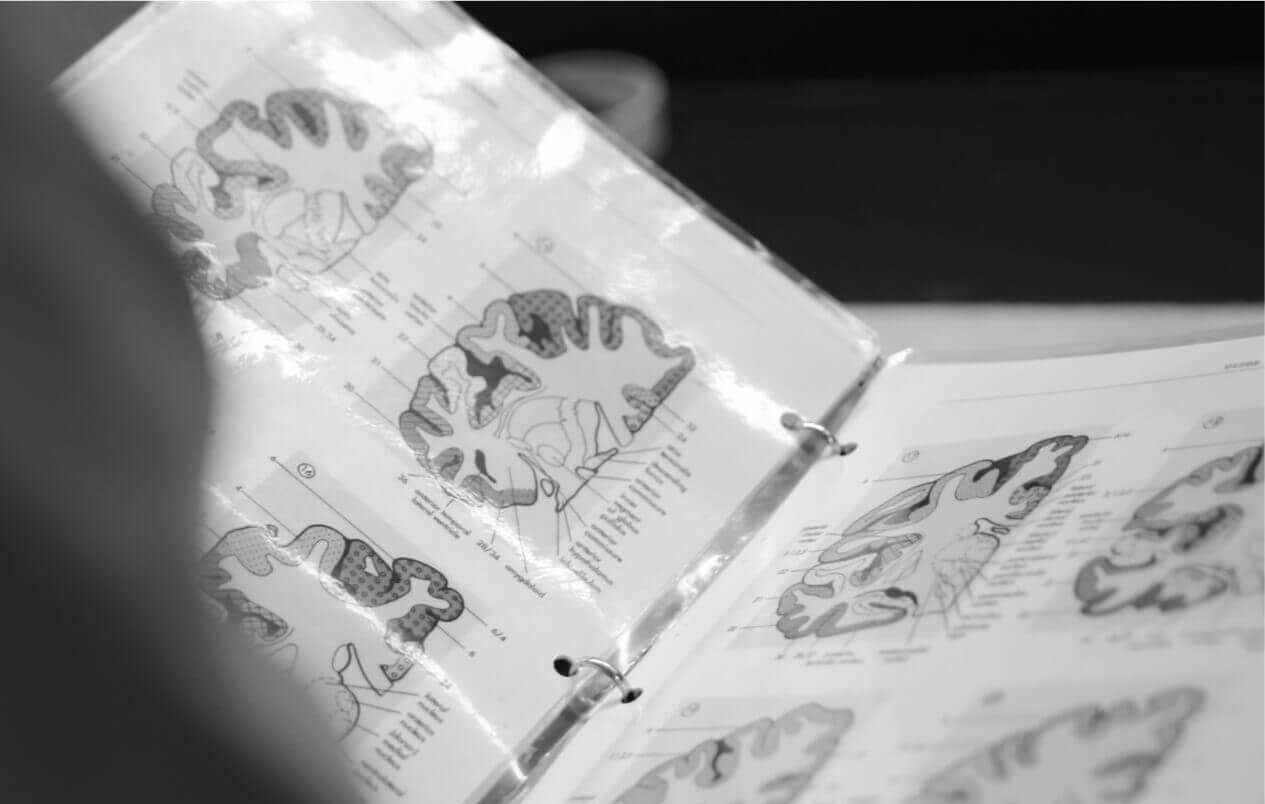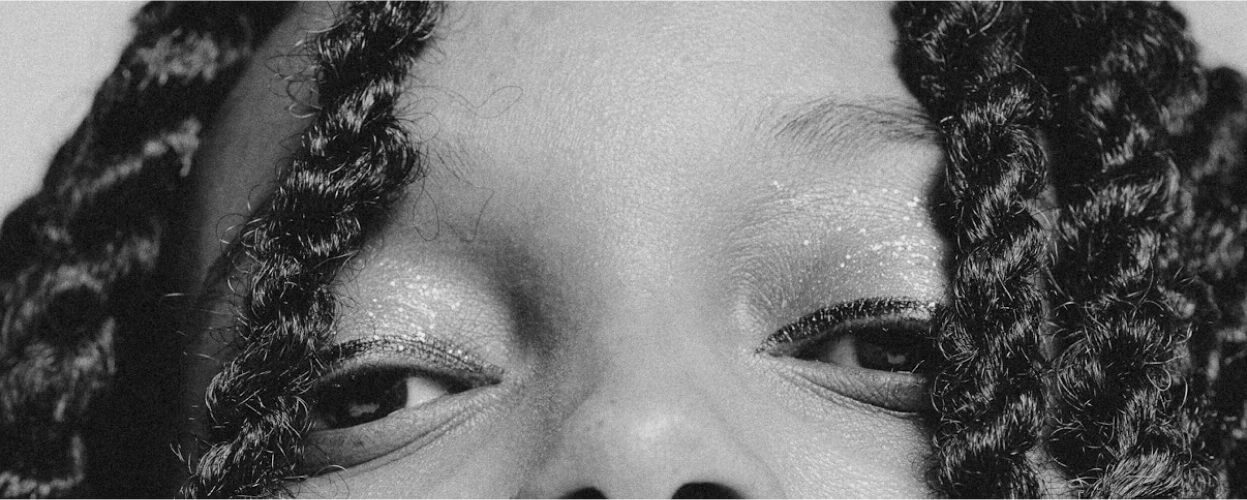“It’s taught me a new level of compassion”
The Brain Donor Project is featuring stories during this Brain Awareness Week of those who’ll donate their brain to neurologic research when they die. For some, it is highly personal, inspired by someone they love. For many, it’s a natural way to leave a gift at the end of their life. In our minds’ eye we see a better future thanks to brain research. In these “Mind’s Why” articles, we uncover our donors’ reasons for advancing science. Today, Don’s story.
Don says the light bulb went off for him when he dove into finding about neurological disorders after his father was diagnosed with Parkinson’s disease. That’s when he learned that brain research is the new frontier when it comes to discovering what’s behind hundreds and hundreds of neurological diseases. He decided then that he had to donate his brain, even if research won’t bring a cure fast enough for his dad.
“I think for the future generations, it was imperative that I had to get on board,” he said.
 It’s been tough to see his father, also named Don, feel like he’s slipping a bit. Before he retired nearly 20 years ago, he had a 35-plus-year career on Wall Street, managing money for insurance companies and banks, and digging deep into what made companies valuable to investors. The two men were talking about the stock market the other day when the elder Don lamented that he just doesn’t have the skills he used to. But his son challenged that.
It’s been tough to see his father, also named Don, feel like he’s slipping a bit. Before he retired nearly 20 years ago, he had a 35-plus-year career on Wall Street, managing money for insurance companies and banks, and digging deep into what made companies valuable to investors. The two men were talking about the stock market the other day when the elder Don lamented that he just doesn’t have the skills he used to. But his son challenged that.
“I reassured him that he does…it just takes him a little bit longer to get them up to the surface,” he countered.
They used to call his dad “Do-it-all Don” because he loved tinkering with things around the house, doing any kind of handyman work including re-modeling bathrooms and kitchens. Now, the things he could handle in the blink of an eye are a bit of a struggle because cognitive issues trip him up. But he can still fish, and he works hard to stay in great physical condition. His son says he’s been changed by his dad’s illness.
“It’s definitely taught me a different level of compassion in the way I approach people. It’s given me pause in certain situations to be a little more patient.”
He may be patient, but he’s also passionate about brain donation.
“It’s like money – it does you no good when you’re gone. Look, we have spent so much money in this country on band-aids for neurological diseases. Now they are really making inroads on how the brain works and links between the brain and the stomach and bacteria and it’s like leaps and bounds. You have the ability to give someone a resource that will enable scientists to make progress toward more than a band-aid…real cures.”



